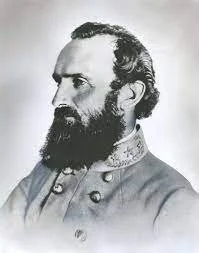In the book of Exodus, God showed Moses the plans for the tabernacle. These plans for the new worship center fill approximately 15 chapters and contain remarkable detail (Exodus 25-40).
As Christian leaders we too want God to show us how to proceed. We all have prayed, “Oh Lord, show my Your will.”
From Exodus 24 here are seven steps to gaining a fresh vision from God.
It starts with a divine calling, v 1
Be sure to include other key leaders, v 1b
Completely surrender to God’s will, v 3, 7
Listen to the word of God, v 7
Seek forgiveness through the blood, v 8
Include the younger generation, v 13
Wait on the Lord, for as long as it takes, v 16, 18b.
Once God’s plan is revealed invite others to partcipate (25:1) and be sure you do everything the Lord shows you (25:9).









